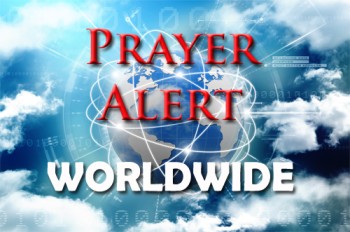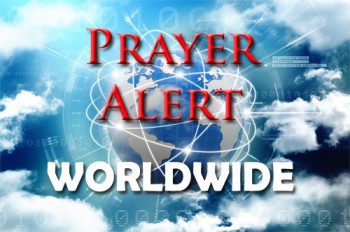
Displaying items by tag: government dissolved
Madagascar: protests continue despite government dissolution
Madagascar is facing mounting unrest as protests continue despite president Andry Rajoelina’s decision to dissolve the government. The move, announced on state television, was intended to ease tensions following demonstrations over widespread water and power shortages. Rajoelina expressed sympathy to families of those killed and acknowledged administrative failings, yet protesters remain unsatisfied, demanding his resignation. Many argue that changing ministers is not enough, since the president himself holds ultimate responsibility. The demonstrations, largely led by Gen Z, represent one of the most serious challenges to Rajoelina’s leadership since his 2023 re-election. Authorities have responded with curfews in Antananarivo and other major cities, and police have repeatedly used teargas and fired rubber bullets at demonstrators. The UN has said that at least 22 have been killed and over 100 injured, though the government disputes these figures.
Sudan: military dissolves government, arrests leaders
The Sudanese military have declared a state of emergency and dissolved civilian rule, an event which many had feared. They have been at odds with civilian leaders since Omar al-Bashir was overthrown two years ago. time. Recently there was a pro-military sit-in outside the presidential palace, then a week later counter-protests were held, supporting the civilian government. Now more protests have been called by pro-democracy groups to ‘counter the military coup’. Sudan could be set for yet another period of showdown between the armed forces and the people. The country has made huge strides in normalising ties with the West and unlocking much-needed funding. The promise of democracy has kept many allies hopeful. But that is at risk now. The World Bank and the US have stopped aid to Sudan, and the African Union has suspended Sudan from all its activities. See


